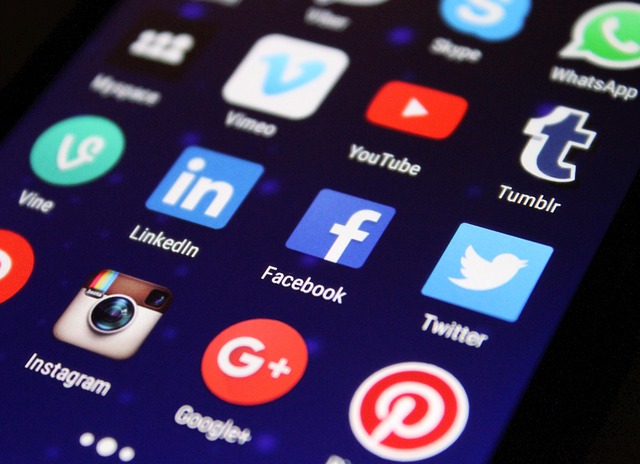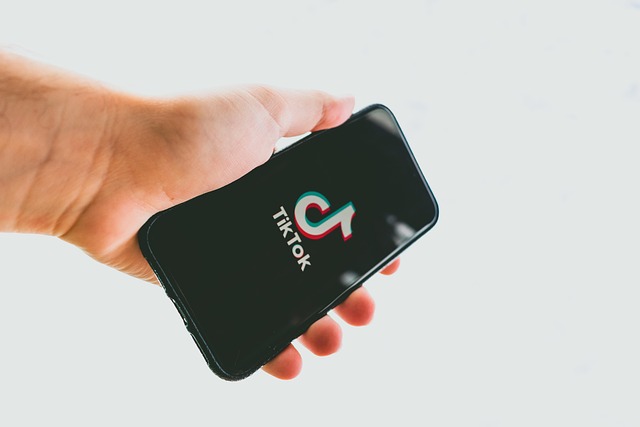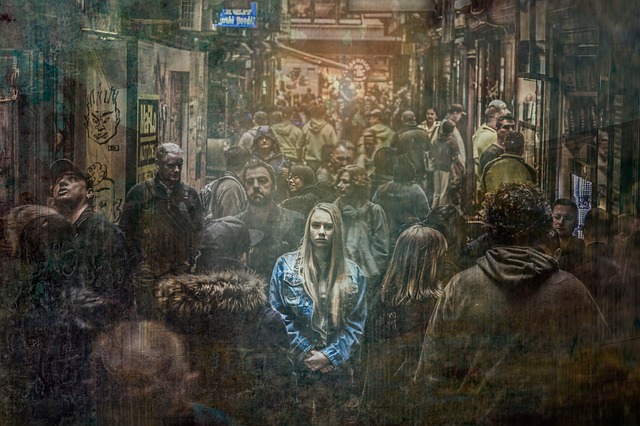In today’s digital landscape, social media has become a fundamental part of our daily lives, not just for sharing moments or staying updated but also for shaping our relational identity. As we navigate through various platforms, we are confronted with an evolving tapestry of connections that influence how we perceive ourselves and how others perceive us. The interplay between our online personas and our real-world relationships has profound implications for our identities.
The impact of social media on relational identity can be seen clearly in how we curate our profiles and interact with others. With every post, tweet, or story, we offer insights into our lives, aspirations, and emotions. This performance shapes not only the narratives we share but also the expectations and perceptions others have of us. For instance, consider the difference between how we communicate with close friends compared to acquaintances. On social media, the lines tend to blur as we project a version of ourselves that we wish to convey, often leading to a carefully crafted image that may not entirely match our offline selves.
Furthermore, the ability to connect with a diverse range of individuals accelerates the evolution of our relational identity. With just a click, we can build bridges across continents, forming bonds with people we might never have encountered in our day-to-day lives. This expansive network can enhance our sense of self but can also lead to feelings of isolation. The paradox of social media is that, while it provides the tools to foster relationships, it can simultaneously diminish the depth of those connections. When we focus on likes and shares, we might find ourselves prioritizing quantity over quality in our friendships.
Moreover, the nature of interactions on these platforms often favors superficial engagements rather than meaningful conversations. The “like” button, while simple, can create a false sense of intimacy and connection, allowing us to feel linked to others without engaging in deeper discussions that define our true relational identity. This can especially affect younger generations, who may find it challenging to differentiate between genuine relationships and those based purely on online interactions.
The anxiety of maintaining an online presence can also negatively influence our relational identity. As we consume curated lives that seem more glamorous or fulfilling than our own, we might feel compelled to strive for an unattainable standard, which can lead to feelings of inadequacy. The pressure to show a perfect life can warp our sense of identity, making it difficult to accept and express our genuine selves. It prompts us to ask how much of our identity is shaped by social media’s double-edged sword of connectivity and comparison.
Social media platforms continually adapt, introducing new features that influence how we interact. Stories, reels, and live videos push us to present an unfiltered version of our lives, blurring the lines between authenticity and performance. The risk here lies in the potential for our relational identity to shift further towards an exhibitionist paradigm where the metrics of our online success start to define our worth in relationships.
For many, the challenge lies in finding a balance—navigating the vast sea of social media while remaining grounded in real-world connections. Understanding the implications of our online behavior can help us cultivate a healthier relational identity. By being more mindful of how we engage with social media, we can foster genuine relationships that reflect our true selves, rather than a version sculpted by the digital world. It’s a journey of rediscovery, navigating through the noise to identify what truly matters in our contacts and connections.




